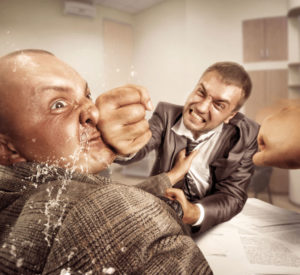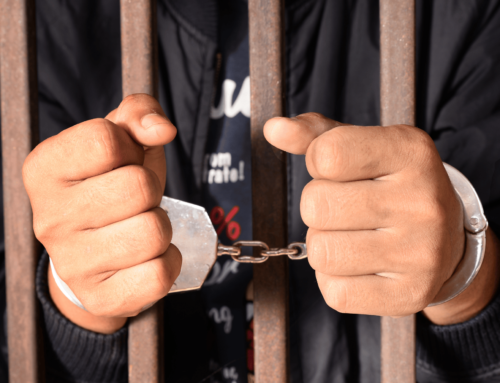Litigation Background of CFPB v Lexington Law

- must tell the consumer how long the credit repair company’s services will take;
- cannot charge “any fee or consideration” before it has provided “all goods and services” to the consumer;
- and has provided the consumer with a consumer report demonstrating that the “promised” results have been achieved.
Lexington, like most other paid credit repair companies, charges an up front fee along with a monthly fee as they repair a consumer’s credit report. This business model, according to the CFPB, is illegal as it violates the TSR.
Lexington files its Motion for Partial Summary Judgment and CFPB responds
On August 20, 2021, Lexington filed a Motion for Partial Summary Judgment. In its motion, it advances these points:
- The TSR does not apply to contracts to provide credit repair services; it only covers promises to achieve certain results.
- The CFPB’s interpretation of the TSR is an unconstitutional burden on free speech;
- Lexington is not subject to the TSRs because it is not promising any result;
On November 15, 2021, the CFPB responded to these arguments stating:
- The plain language of the TSR clearly applies to Lexington. Thus it pays short shrift to the Lexington’s argument that the TSR does not apply to contracts for credit repair services.
- The TSR does not regulate speech, it regulates conduct and thus is constitutional.
- Lexington’s use of the word “credit repair” is an implied promise to fix one’s credit report that cannot subsequently be disclaimed by Lexington. Prior courts have decided this issue in this way.
CFPB files its own Motion for Partial Summary Judgment
On December 10, 2021, the CFPB filed its own Motion for Partial Summary Judgment against Lexington Law. The basis for its motion are:
- Lexington violated the TSR by charges fees before it provides all of its promised services and failing to provide consumers with a credit report demonstrating that it provided all of the promised services.
- Some of Lexington’s affirmative defenses should be stricken.
On December 30, 2021, Lexington’s response to the CFPB’s Motion claims:
- The 6 month waiting period does not apply to all credit repair companies; just those that promise a certain result. Since Lexington do not promise any certain result, this waiting period provision of the TSR is inapplicable to it.
- Lexington disputes that it’s a telemarketer. It distances itself from this characterization by stating that its marketing arm, eFolks makes solicitation telephone calls but not Lexington or its marketing arm, Progrexion.
On January 18, 2022, CFPB filed a reply to Lexington’s response to CFPB’s Motion for Summary Judgment. In its reply it stated:
- Lexington is covered by the TSR and are not exempt from it;
- Some of Lexington’s affirmative defenses should be dismissed as they are baseless.
- Lexington cannot plead ignorance of the law as its no excuse
- The TSR is a constitutionally viable rule.
Can Lexington Law get a fair chance at justice?
Without a doubt, the rulings that come from this case will shape or sink the paid credit repair industry. The TSR is not applicable to charitable organizations that sell credit repair services. They can talk to consumers and charge their fees all day long. Somehow, they are seen as more trustworthy than paid credit repair companies by the FTC and CFPB. Indeed, the CFPB has called credit repair “fundamentally bogus”, “outright theft” and “illusory.” The FTC’s and CPFB’s contempt for the paid credit repair industry, as discussed in the CFPB’s pleadings only gets worse.
The agency also points out that while telemarketers who advertise truthfully are exempt from talking with consumers who call them, there is no such exemption for credit repair pros. It believes that any telephone communication with consumers, even those initiated by the consumer to the credit repair company in response to a truthful advertisement gives the credit repair company an opportunity to lie to the consumer.
Its hard enough to get justice when both litigations walk into a court. Its even harder when one of the litigants is painted by the government as “bogus”, “scammy” and branded as a thief. Its as if the CFPB and FTC have no idea how often the furnishers, debt collectors and the credit bureaus screw up people’s credit reports or want to turn a blind eye to it.
This case is one that every credit repair professional should be watching. This case will provide a definitive direction for paid credit repair or it will tank the industry. I will keep you posted.
Conclusion

Join our 3 for Free program and we will send out up to 3 dispute letters for you for free. You can also join our Auto Pilot program and we will pull your credit reports for free every two months to make sure that they stay free of inaccurately reporting information. Contact us today for your free, no obligation consultation.




